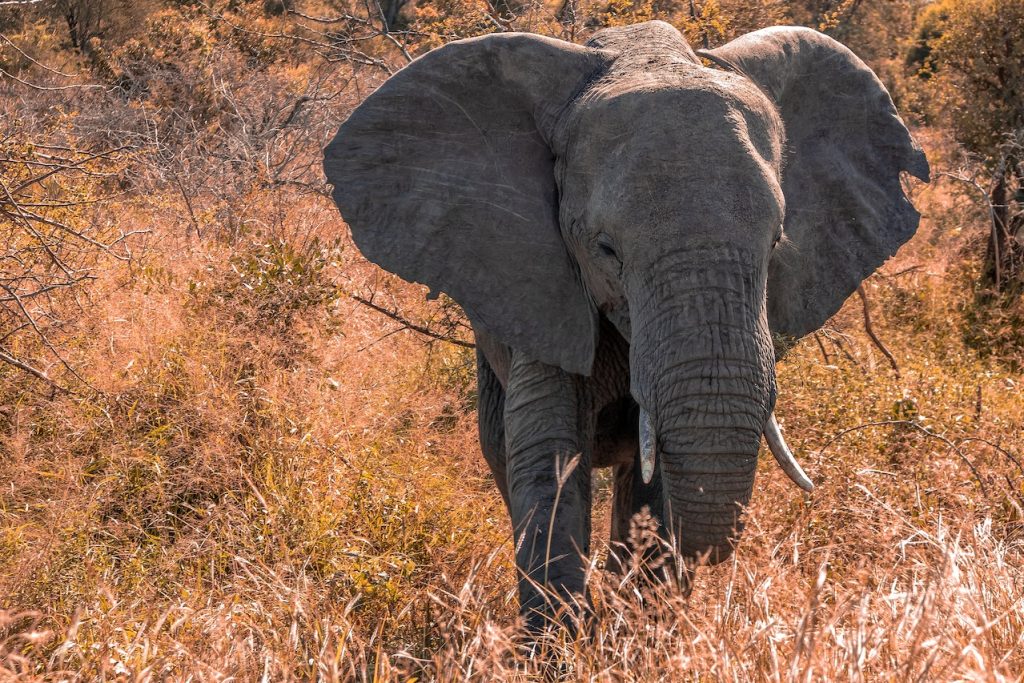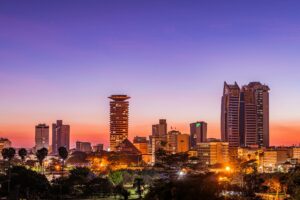Getting Started with Safari Planning
Planning your first safari can be overwhelming due to the wide range of options available. The most popular destinations for safaris are South Africa, Kenya, Tanzania, Namibia, Botswana, Zimbabwe, and Zambia. Before diving into the details, it’s helpful to start by envisioning the basics.
First, decide whether you want a classic Big Five East African safari, which includes lions, leopards, rhinoceroses, elephants, and buffalos. Alternatively, you may be looking for a more unique and undefined experience. Consider what you hope to gain from the trip and how you want to feel. Make a specific wish list that covers your priorities.
Do you want the best guides and a wealth of knowledge? Or are luxurious lodges and comfort just as important as wildlife sightings? Will you combine your safari with a beach getaway or a culinary road trip? Perhaps you dream of exploring different habitats within a single country, staying at a camp in each region.
Are you drawn to the spectacular great migration that occurs in the Serengeti and Mara ecosystems every July and August? Or do you imagine an exclusive adventure in a remote location, away from technology, with a private guide? Do you prefer the rugged expanse of the Kalahari or a watery delta, dense jungle, bushland, or grassy savannah?
Booking Your First Safari Adventure
Once you have a clearer vision of your safari preferences, it’s time to consult with a specialist operator. These experts excel at matching travelers’ desires with concrete plans in destinations like the Masai Mara in Kenya, Serengeti National Park in Tanzania, Namibia’s Sossusvlei, or even off-the-beaten-path locations. Their extensive knowledge of animal migrations, seasonal variations, and lesser-known areas allows them to offer remote, adventurous, and exclusive experiences.
Reputable travel planners in the field include Journeys by Design, Aardvark Safaris, Africa Travel Centre, Green Safaris, Yellow Zebra Safaris, Expert Africa, and The Explorations Company. They can provide expert advice on avoiding crowded areas and suggest game-rich countries that are not as well-known, such as Zambia, Malawi, Congo, Gabon, Angola, or Chad.
These operators can also arrange various safari activities, including walking, horseback, and bush-biking safaris, as well as air safaris. They have connections to top-notch lodge operators like Great Plains, African Bush Camps, Wilderness, andBeyond, Natural Selection, Ultimate Safaris, and Asilia Africa, who offer exceptional accommodations.
Sustainability and Conservation
Fortunately, the safari industry is populated by responsible operators and lodge owners dedicated to sustainable travel, cultural integrity, and conservation. Companies like Expert Africa, Aardvark Safaris, The Explorations Company, and Journeys By Design prioritize these values. Many major lodge operators have extensive conservation foundations and philanthropic initiatives. When selecting lodges and operators, it’s advisable to request published reports on their sustainability policies and engagement with local communities to ensure meaningful contributions.
Choosing Accommodations
Safari options typically include built lodges made of stone, timber, or concrete, as well as tented camps. There are also mobile tented camps and pop-up tents for walking safaris with private guides and trackers. In recent years, glamorous camps have introduced exclusive-use villas with private chefs, dedicated guides, and vehicles. These villas are often preferred by multi-generational groups, families seeking privacy, and celebrities evading the paparazzi.
A Typical Day on Safari
During a regular safari day, you can expect a set schedule. You’ll be awakened before dawn for a wake-up call and a cup of coffee or tea. Then, you’ll head into the bush with a guide in an open-air game vehicle, bundled up in a warm blanket and armed with a hot water bottle to ward off the morning chill. In the early morning, the air is cool, and the big cats are returning from their nocturnal activities.
Breakfast or lunch is served either in the bush or back at the camp after the morning game drive. Afternoons are generally reserved for rest, relaxation, massages, reading, or optional activities like walking safaris, community visits, or cultural immersions. Later in the afternoon, you’ll head out again for another game drive. Hot-air balloon rides are usually scheduled at dawn or dusk and can replace the evening game drive.
Capturing Memories on Safari
This is the perfect opportunity to dust off your single-lens reflex camera and consider using a 300mm lens, along with a beanbag or monopod for stability in the game vehicle. Keep in mind that photography prospects may vary depending on the season and location. For example, Zambia during the rainy season is lush and green, but wildlife may be harder to spot in the dense vegetation. In October, the landscape may appear muddy, but the wildlife viewing is exceptional. Even using a smartphone, you can capture incredible images and videos.
Bringing Children on Safari
Taking children on safari can create a sense of adventure and foster an understanding of the natural world and conservation. While there are no strict rules, most lodges welcome children from around the age of six, although families may be required to have a private vehicle.
To simplify travel with younger children, consider malaria-free destinations like Madikwe Reserve in South Africa or Etosha National Park in Namibia. Check the NHS’s Fit For Travel website for the latest malaria maps for each country.
Choose a lodge with a kids’ program to keep children engaged and entertained. Major lodge operators like Wilderness, Cottar’s 1920s Camp, and &Beyond offer specialized activities for different age groups, including walking safaris, star identification, treasure hunts, sports games, cultural experiences, and conservation activities. Family-oriented adventure companies like Stubborn Mule can arrange off-the-beaten-path safaris suitable for the whole family.
Health Considerations
Some African destinations require immunizations for yellow fever, typhoid, or hepatitis A and B. Malaria is a risk in certain countries, but it’s best to consult the NHS’s Fit For Travel website for up-to-date information and malaria maps. Different regions within a country may have different requirements. Refer to a safari packing list for more details on what to pack and seek advice from experienced safari travelers.
Visa Requirements
For the latest information on visa requirements, consult the foreign travel advice pages of your government.
Embrace the uniqueness of each safari experience and enjoy the journey.
Book here your hotel deals:
Book here:






